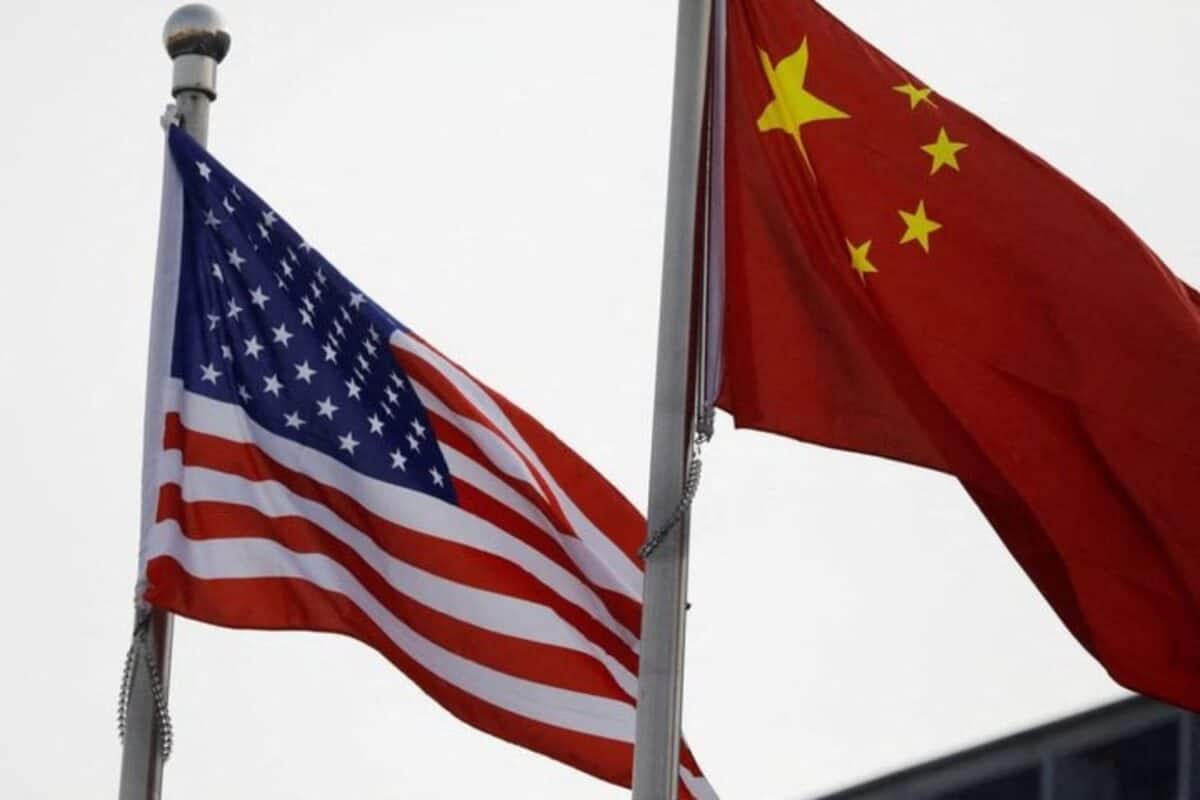What emerges in the latest development is the rise of China as a leader of the new world order of multilateralism.

It seems US President Donald Trump often convinces himself he is controlling the world.
However, he may not realise that the ground is shifting beneath him and the global landscape is moving away from his influence.
He seems to struggle with the idea that while he pursues an outdated style of unilateralism, where the US dictates terms, the global balance of power increasingly favours multilateralism, with China taking a leading role.
His election promises to bring peace to Ukraine and the Middle East as soon as he took office have not materialised.
His political inconsistencies have serious consequences, leading to great suffering for innocent people in Ukraine and Gaza that could have been prevented.
The instability in the region may appear to serve US interests, but it comes at a tragic human cost. The world is moving away from Trump and he is responsible for this with his bully behaviour.
Countries that once depended on US influence to shape their foreign policies across Europe, Africa and Asia have come to realise that America cannot be relied upon. Many are looking eastward for trade and seeking peaceful solutions to global issues.
ALSO READ: Agoa is over, time to find new markets, BLSA says
As a result, the global south is becoming stronger in its stance against the global north, which has been deteriorating since Trump returned to office.
The last Shanghai Cooperation Organisation (SCO) summit in Tianjin, China, is a case in point and a rising challenge for the West.
This gathering of more than 20 leaders from China, Russia, India and Central Asia poses a great challenge to Western economic dominance, with China one of its top leaders.
In an op-ed on global research, Prof Ruel F Pepa cautioned that what unfolded in Tianjin “was the clearest indication yet that the unipolar world of US primacy, which dominated the decades after the Cold War, is giving way to a new and contested multipolar order. The symbolism was unmistakable.”
Beyond symbolism, Pepa said, the summit carried substance – agreements on energy cooperation, cross-border infrastructure, digital technology and security coordination point toward an increasingly institutionalised bloc.
These signal the SCO is evolving from a loose forum into a framework capable of shaping the rules of the 21st-century world.
Additionally, some US allies, such as India, are increasingly dissatisfied with the US and have begun to strengthen ties with China and Russia.
ALSO READ: Ramaphosa walks Trump tightrope
India and China have agreed to work towards better cooperation, including reactivation of the special representatives dialogue and a commitment to resolve their border rivalry.
Trump, whose trade war aims to pressure countries to do his bidding, seems to forget he is responsible for pushing India into seeking an alliance with China and Russia.
However, it’s essential to note this does not mean the US has lost India completely; the two countries are closely tied.
What emerges in the latest development is the rise of China as a leader of the new world order of multilateralism.
The shifting of sands from under US feet was acknowledged by Matthew Tostevin, Newsweek’s senior global affairs editor, who states that “China is the stage to watch right now”.
Pepa’s caution to the West is important. “Ignoring the SCO or dismissing it as a talkshop risks overlooking the consolidation of an alternative power centre that is steadily building legitimacy outside of Western institutions.
“For the rest of the world, particularly in the global south, Tianjin is a reminder that power is no longer concentrated in a single pole, but dispersed across multiple capitals, with diverging visions of order.”
NOW READ: India blazes trail for South Africa amid Trump tariffs






